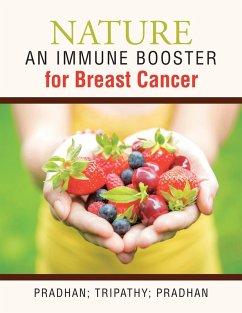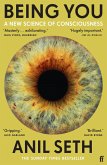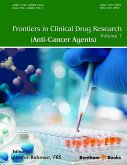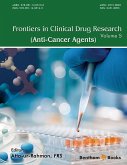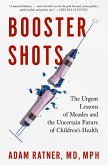Recent research about Breast Cancer Scientists identify high-priority chemicals that may cause breast cancer Past research has indicated that exposure to some chemicals may increase the risk of breast cancer. Now, a new study published in Environmental Health Perspectives - a journal from the National Institutes of Health (NIH) - has identified 17 high-priority chemicals women should avoid in order to reduce such risk and demonstrates how their presence can be detected. Could red meat consumption increase breast cancer risk? A study published in BMJ has found that higher red meat intake during early adulthood could a risk factor for developing breast cancer. Can breast cancer risk be predicted by skin moles? PLOS Medicine has published studies finding that moles / cutaneous nevi - may be a predictor of breast cancer. The two teams - from the US and France - find that women with a greater number of moles are more at risk of developing breast cancer. Study links high cholesterol to increased risk of breast cancer : A new study recently presented at the Frontiers in Cardiovascular Biology meeting in Barcelona, Spain, suggests that women who have high Cholesterol may be at higher risk of developing breast cancer. Recent use of some oral contraceptives increases breast cancer risk : Numerous studies have suggested that birth control pills increase the risk of breast cancer. Now, a new study suggests that this increased risk may only apply to recent users and is dependent on the formulation of the pill. Childhood cancer treatment could increase risk of breast cancer : In a study published in Cancer, researchers found that patients receiving chest radiation to treat Wilms tumour- a rare form of childhood kidney cancer - had an increased risk of future breast cancer. Atypical hyperplasia linked to high lifetime risk of breast cancer : Researchers have long known that atypical hyperplasia - an accumulation of abnormal cells in the ducts or lobules of the breast. - can increase a womans risk of breast cancer. But a new study by researchers from the Mayo Clinic finds that this risk may be higher than previously thought.
Dieser Download kann aus rechtlichen Gründen nur mit Rechnungsadresse in A, D ausgeliefert werden.

